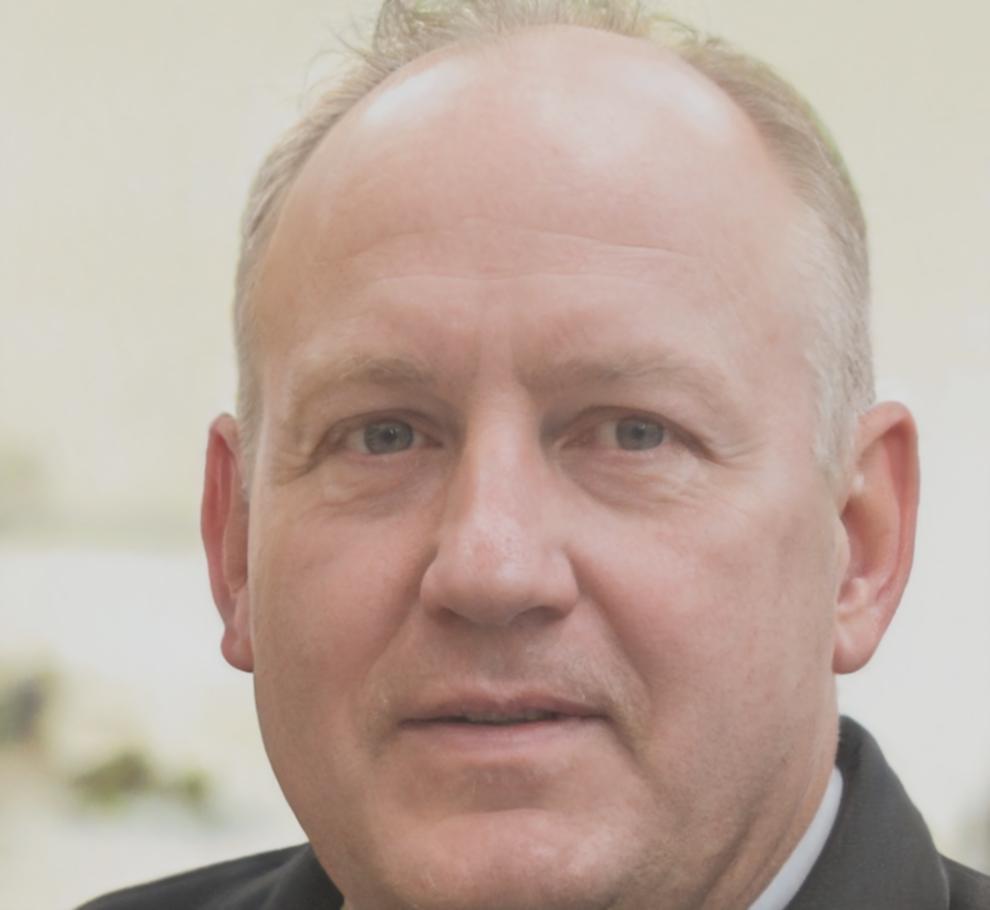Built on Real Experience, Not Theory
We don't follow textbook formulas. Our approach comes from working with Australian franchise owners who needed practical solutions, not academic concepts. What we teach actually works in the real world because it's been tested there.

Three Pillars That Changed Everything
Back in 2018, we started noticing something. Franchise owners kept making the same financial mistakes. Not because they weren't smart, but because nobody taught them the specific skills they needed.
So we built our program around three things that actually matter. These aren't buzzwords or borrowed concepts from American business schools. They're what we learned sitting across from franchise owners in Bankstown, Parramatta, and across Sydney.
- Context-specific financial planning that accounts for franchise agreements, royalty structures, and territory dynamics
- Scenario modelling based on real franchise data from food service, retail, and service businesses across NSW
- Cashflow management systems designed for multi-location operators dealing with varied lease terms and staffing challenges
- Exit strategy planning that considers franchise resale realities and franchisor requirements
How We Actually Teach This Stuff
Most finance courses dump information and hope it sticks. We break things down differently because franchise finances aren't like corporate finances or small business finances. They have their own logic.
Start With Your Numbers
We begin with the franchise disclosure document you actually have. Not generic examples. Your royalty structure, your territory costs, your lease obligations. That's where the learning starts.
Build Layer by Layer
You can't build a cashflow model if you don't understand margin compression. You can't plan expansion if you haven't sorted out your current location's finances. We sequence things properly.
Test Everything Live
Our sessions include working through actual scenarios. What happens when your franchisor raises royalties? How do you handle a competitor opening nearby? We use real data from Australian franchise operations.
Address the Gaps
Most franchise owners struggle with specific things like GST on royalty payments or how to properly account for franchisor-mandated refits. We spend time on these details because they matter.
Connect the Dots
Financial decisions don't happen in isolation. A lease negotiation affects your borrowing capacity. Your staffing costs impact your ability to open a second location. We show how everything connects.
Keep It Updated
Franchise regulations change. Market conditions shift. We revise our content based on what's happening now, not what worked five years ago. Our September 2025 sessions reflect current Australian franchise requirements.
Who Developed This Approach
Our methodology didn't come from a single person or a research paper. It evolved through years of working directly with franchise operators. These two have shaped how we teach, but they'd be the first to tell you they learned as much from franchise owners as they taught.

Callum Nesbit
Financial Systems Developer
Callum spent twelve years helping franchise groups sort out their financial reporting. He got tired of seeing the same problems repeatedly and started documenting what actually worked. His background in multi-unit retail franchises informs most of our cashflow modules.

Brendan Thackray
Franchise Finance Specialist
Brendan has worked with over eighty franchise operations across NSW and Queensland. He knows where franchise owners typically struggle because he's sat through countless disclosure reviews and expansion planning sessions. His real strength is explaining complex franchise agreements in plain language.
Common Questions About Our Methods
People want to know how we're different before they commit time and money. Fair enough. Here's what we get asked most often.
Why focus specifically on franchises instead of general small business?
Because the financial structure is completely different. When you own a franchise, you're dealing with ongoing royalty payments, mandated suppliers, territorial restrictions, and franchisor requirements that affect every financial decision. Standard small business advice doesn't account for these factors. We built our content around the unique challenges franchise owners face.
How current is the material you're teaching?
We update content quarterly based on regulatory changes and what we're seeing in the market. Our next program starting October 2025 reflects changes to franchise disclosure requirements that took effect in early 2025. We also adjust based on economic conditions affecting Australian franchise operations.
See upcoming program dates →Do you teach financial theory or practical application?
Practical application. We cover the minimum theory needed to understand concepts, then move straight into application. You'll work through franchise-specific scenarios using real financial templates and structures. The goal is for you to leave with tools you can use immediately, not just knowledge you might apply someday.
What makes your approach different from franchise training provided by franchisors?
Franchisor training focuses on their system and operational standards. We focus on your financial health as the franchisee. Sometimes those interests align, sometimes they don't. We teach you how to evaluate franchise requirements through a financial lens so you can make informed decisions about your business.
Learn more about our background →Can your methods help if I'm already struggling financially?
Maybe. If you're in serious financial trouble, you need immediate professional help from an accountant or financial advisor, not a learning program. But if you're seeing warning signs or want to prevent problems, understanding franchise-specific financial management can help you make better decisions. We've seen people turn situations around once they properly understood their numbers.
Discuss your specific situation →